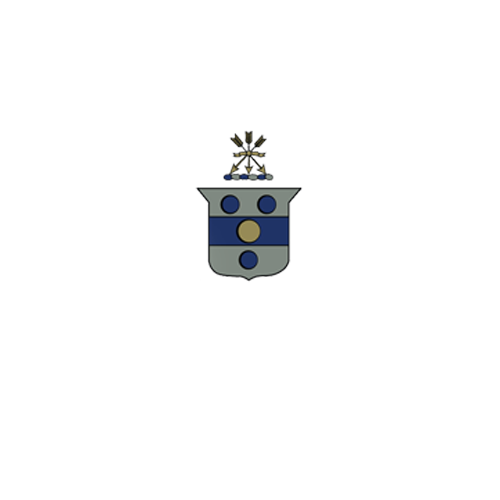Please share this website and our Facebook page with others interested in the 17th century Colonial Massachusetts Bay, Colony, New England, the Fairbanks and Prescott immigrants, Puritans, Dedham and Lancaster, Massachusetts.

Please share this website and our Facebook page with others interested in the 17th century Colonial Massachusetts Bay, Colony, New England, the Fairbanks and Prescott immigrants, Puritans, Dedham and Lancaster, Massachusetts.


There is controversy over the recognition of the National holiday of Thanksgiving. To some it is a day for thanks for the bounties of life. For others, it’s more of a day of humiliation, a day to recognize the wrongs of life. Thanksgiving Day, our national holiday, is held on the third Thursday of November. The day was dedicated under President Abraham Lincoln on October 3,1863, at the end of the Civil War. He asked it to be a day of thanks to God for blessings and to pray for peace and harmony. He also asked to remember those who suffered during the Civil War. Lincoln was not the first President to proclaim a day of Thanksgiving. George Washington proclaimed a day of thanksgiving in 1789, also held in November.
Days of thanksgiving and days of humiliation existed from the first time the English set foot in the New World. The Puritans of the new Massachusetts Bay Colony celebrated many days of thanksgiving and as many or more days of humiliation. Both were based on their religious belief that their fortunes and their problems were caused by God’s approval or disapproval of how they were living.
A day of thanksgiving was observed when something went well. A good harvest year would be a reason for a day of thanksgiving. Other reasons for thanksgiving were successes in battle or a particular illness abated. The Puritans celebrated thanksgiving by going to church (the meetinghouse) and praying all day, interrupted only by sharing a feast with their community.
A day of humiliation was called in the same manner for bad luck or failures. A town could call a day of humiliation if their town was stricken by a deadly disease or if crops failed and they worried of starvation over the winter. The day of humiliation was a day long gathering for prayers of repentance and examination of their town’s action that might have angered God. It was a day of fasting.
The town clergy could pronounce a day of thanksgiving or humiliation for a local observance, or the governing body of the colony could proclaim one for the whole colony’s participation.
The Puritans believed that one person could taint all others bringing the ill will of God upon the whole town. That is why new “plantations” or towns would not allow people known to be of bad influence to settle in their town. In the beginning, it took a unanimous vote to allow a new settler to join the town of Dedham.
There were sanctions for those who didn’t conform to the expectations of the town or didn’t rear their children in a prescribed way. A member of the town was responsible for the actions of his wife, children, servants and apprentices. If you didn’t practice religion the expected way, you were banished from the town or the colony.
Some Indigenous People react to the national holiday of Thanksgiving more as a day of humiliation. Not that they did anything wrong, but that wrong was done to them by the settlers that came to the New World from other countries. New people with new cultures disrupted their way of life and took what they believe to be theirs. The foreigners brought disease that the Natives didn’t have immunity against. Both Settlers and Natives didn’t understand the nuances of the languages, beliefs, and laws of the others. It was particularly devastating to the Indigenous People.
Can we ever find a way back to the fairy tale of a peaceful co-existence and communal celebration of good days that happen as a whole? Can we acknowledge the humiliation of some of the events that brought the division of groups of people and atone for these? It’s important to remember that becoming the nation we are today was not always filled with happy thoughts and memories. We must also remember the past, so we can make the future better for everyone.
In Made to Last Forever, Jonathan Fairbanks had to be voted into the town of Dedham. He recognized how actions of his wife, children, and others brought into the family like apprentices and indentured servants would reflect on the whole family. Their actions were Jonathan’s responsibility.
The whole family experienced good and bad times in the new settlement. They were required to participate in both days of thanksgiving and days of humiliation. See how this plays out in Made to Last Forever.